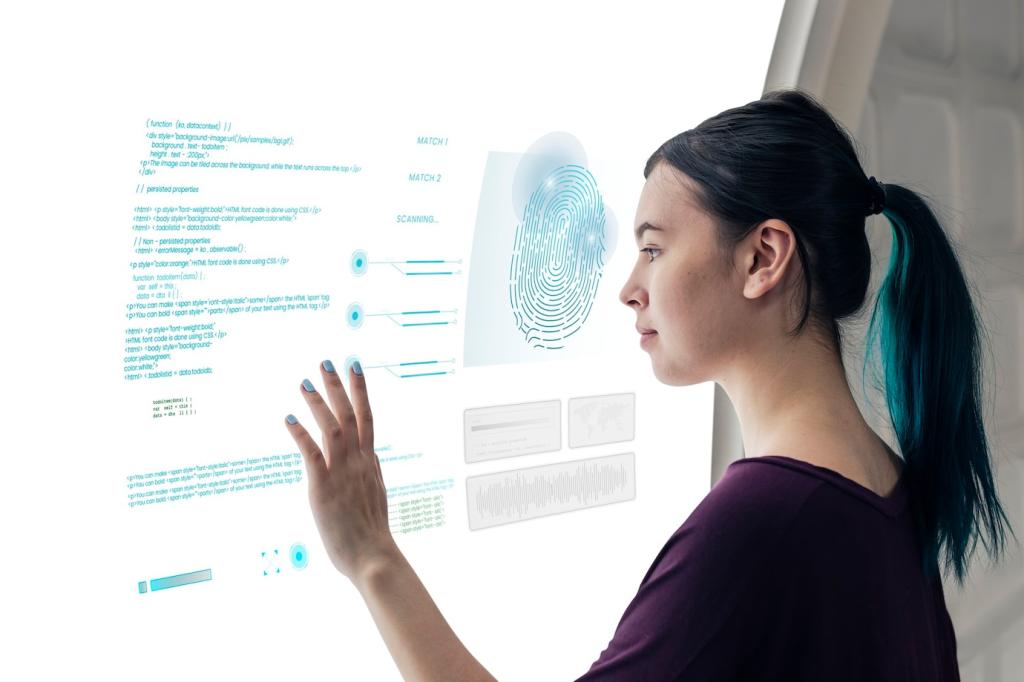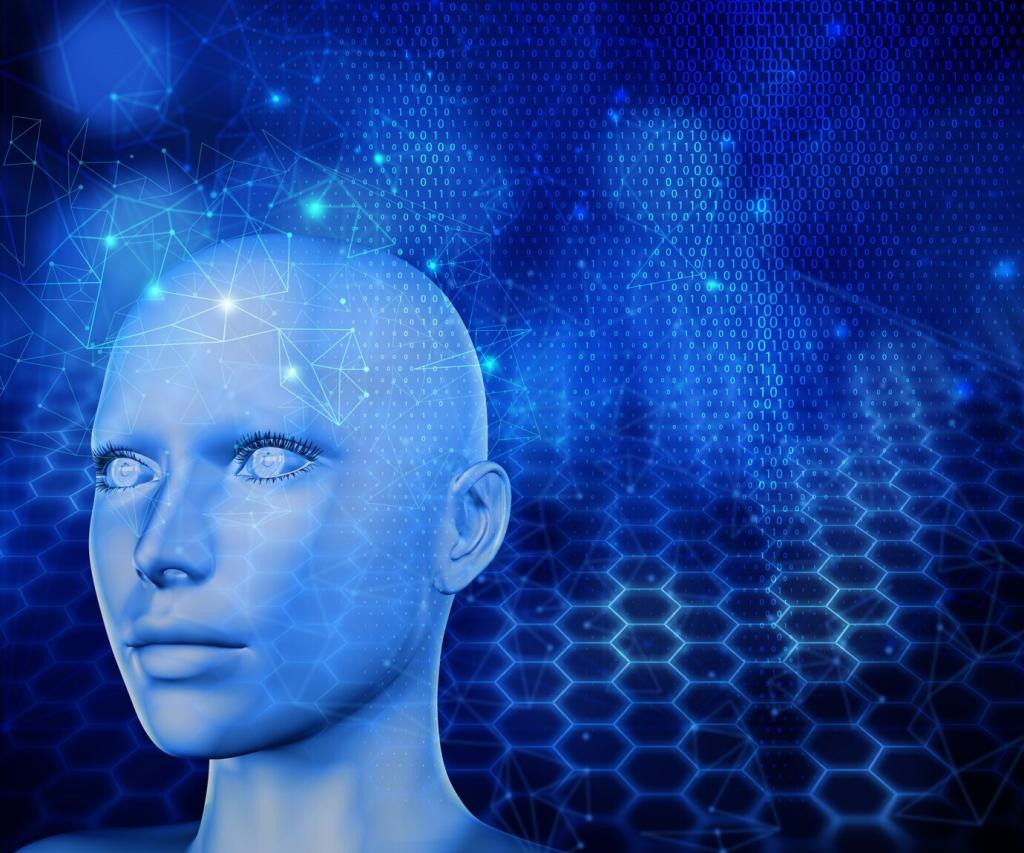
Trends in AI-Powered Music Personalization
Emerging technologies in artificial intelligence are reshaping the landscape of music discovery and consumption, offering listeners tailor-made experiences unlike anything seen before. The rapid evolution of AI-driven platforms is revolutionizing how users interact with music, enhancing personal connections between artists and fans, optimizing recommendations, and creating previously unimaginable opportunities for immersive listening. This page explores current trends in AI-powered music personalization, delving into how advanced algorithms are influencing taste curation, user engagement, content creation, and the ethical considerations that arise as machine intelligence reshapes music.
Hyper-Personalized Recommendation Engines
Deep Learning and User Behavior Analysis
Modern music apps employ advanced deep learning techniques to analyze countless data points on each user’s behavior. This includes not just which songs are played, but also how long tracks are listened to, which parts are skipped, the context of listening (workout, commute, relaxation), and even the time of day. By mapping these behaviors, AI systems develop nuanced listener profiles that continuously evolve, ensuring music recommendations are progressively more aligned with individual preferences and lifestyles.
Real-Time Personalization and Context Awareness
Moving beyond static playlists, AI-driven platforms now adjust recommendations in real-time based on current context. If a user is traveling, working, or feeling a particular emotion, personalized music selections adapt automatically. By integrating data from devices, calendars, and even weather apps, AI delivers soundtracks that reflect users’ moment-to-moment needs. This real-time personalization redefines the user experience, bridging the gap between digital music libraries and listeners’ dynamic daily lives.
Integrating Social and Collaborative Filtering Signals
Personalization has also benefited from the fusion of social and collaborative filtering. AI systems consider what friends are listening to, shared playlists, and community trends to refine recommendations, layering social context onto individual taste profiles. This combination not only helps unearth content users may never discover on their own but also fosters deeper engagement by weaving friends’ preferences into the user’s musical journey.

Algorithmic Composition Tailored to Listeners
AI composers employ neural networks trained on vast musical libraries to generate original tracks in real-time. These algorithms can identify key features of users’ favorite songs—such as tempo, mood, and instrumentation—and synthesize new works that capture a similar ambiance. Some services allow users to interact with these systems directly, co-creating songs that reflect personal style preferences, offering a custom-tailored soundtrack experience driven by deep learning.

Interactive Playlists and Generative Soundscapes
Personalization now extends to dynamic playlists and evolving soundscapes uniquely crafted for each user session. AI tools assemble playlists not just from available tracks but by generating continuous music that morphs in response to listener preferences or biometric feedback. This results in living, breathing musical experiences tailored to the mood and activities of the listener, ushering in a new era of deeply immersive audio entertainment.

Democratization of Music Creation
With AI tools lowering technical barriers to entry, more people than ever are able to create and share personalized music. Platforms powered by machine intelligence offer novices and professionals alike access to sophisticated music generation, arrangement, and mastering features. This democratization is leading to a broader array of music options and fostering a sense of creative empowerment, as listeners become active participants in shaping what they hear.
Enhanced Emotional and Sentiment Mapping
Emotional Recognition via Audio Analysis
Advancements in affective computing have enabled AI models to discern the emotional undertones of music tracks—identifying cues such as minor or major keys, tempo, chord progressions, and lyrical sentiment. These insights allow platforms to recommend songs that align with or counteract a listener’s current mood. The technology increasingly empowers music apps to suggest comforting tracks during moments of stress or energetic anthems when motivation is needed, ensuring an empathetic and responsive listening journey.
Personalized Mood Playlists and Experiences
AI-driven mood mapping enables the curation of highly attuned playlists that not only match user mood but can gently shift emotional states through carefully sequenced tracks. For instance, a playlist designed to ease anxiety can transition from soothing ambient sounds to more uplifting tunes as the listener relaxes. This new class of personalized experience blurs the boundaries between passive listening and therapeutic intervention, making mood-based curation a defining feature of modern music personalization.
Leveraging Biometric Feedback for Deeper Personalization
Emerging integrations between wearable devices and music platforms allow AI engines to receive real-time biometric inputs—such as heart rate, skin conductance, and facial expressions. These data streams enable systems to adapt music in sync with the listener’s physiological responses, pushing personalization to a profound new level. By tuning into body signals, music becomes a more adaptive and empathetic companion in everyday life, delivering well-being and delight simultaneously.

